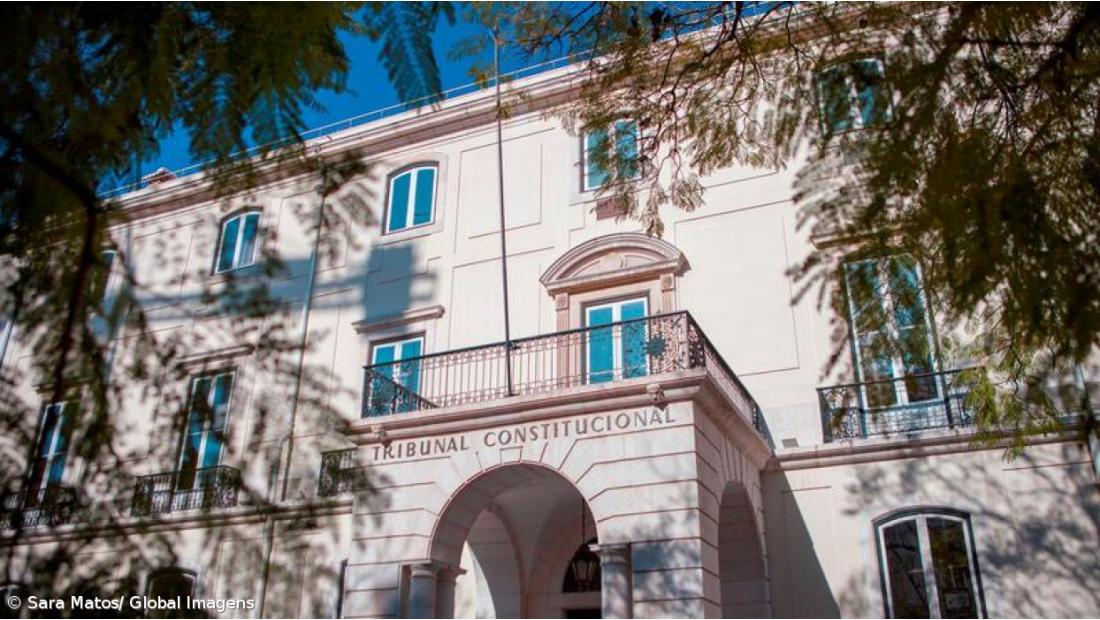The Constitutional Court (CC) declared unconstitutional two rules of the so-called Maritime Law, approved in 2020, which advocate the shared management of maritime space between the Republic and the autonomous regions of the Azores and Madeira.
In a statement and ruling recently released, concerning the plenary session of mid-July, the CC considers that the management of national maritime space is the "exclusive competence" of the State, and this management cannot be dependent on the position of the autonomous regions of Madeira and the Azores.
Approved in 2022 by the national parliament and promulgated by the President of the Republic, the law regarding the Planning and Management of the National Maritime Space was the subject of a request for successive abstract inspection of its constitutionality by 38 members from PS (Socialist Party), PSD (Social-Democracy Party) and PCP (Communist Party).
In a plenary session in July, the CC considered “that the conditioning introduced” in the law “through the binding of the mandatory opinion” of the autonomous regions removes the State exclusivity to exercise its powers resulting from the sovereignty and jurisdiction that it holds.
"Now, the exercise of these powers is not transferable to other entities, considering it may compromise the legal status of dominance and the integrity and sovereignty of the State," according to the CC statement.
The CC also points out that “as far as the regime of public domain assets is concerned, the reserve of legislative competence of the Assembly of the Republic is total”.
Thus, the national parliament "cannot limit itself to defining the general bases of such a regime, but must establish the entire primary content of it," adds the CC.
CC President defends regional autonomy before "centralist bias"
The President of the Constitutional Court (CC) refused to endorse the decision of unconstitutionality of one of the rules of the so-called Maritime Law, defending the autonomy of the autonomous regions and criticizing the “centralist ancestry of the dominant political culture”.
The position is expressed in an explanation of vote included in the judgment of the TC that, "by majority", decided on the unconstitutionality of two rules of the Basic Law on National Maritime Spatial Planning and Management, approved in 2020, advocating the shared management of maritime space between the Republic and the autonomous regions.
In the text, João Caupers says that he cannot "subscribe to the judgment of unconstitutionality" of one of the paragraphs of the decision because, "respecting the convictions of the other members of the plenary", he considers "that they reflect, to a greater or lesser extent, the centralist ancestry of the dominant political culture".
For João Caupers, this culture "tends to see regional autonomy as a kind of medicine of bitter taste, to be taken sparingly, in moderate doses, always afraid of its side effects - the loosening of state control over the legal-public activity of the autonomous regions' own organs, the subsequent and fatal blurring of state Unitarianism and, ‘vade retro’, the ghost of federalism".
"For the Court, the essential problem that dictates the judgment of unconstitutionality is the fact that the opinion of regional bodies is binding. This means that the decision to be taken would be codetermined by the state and regional bodies ", he describes.
The category of binding opinions, he says, “is known and used in numerous areas of public administration, precisely because it is a useful instrument to force understandings, which only some pressure on both parties allows to achieve”.
"Their rejection, in this case, can only be based on the apocalyptic prognosis that the organs of the autonomous regions would systematically and arbitrarily oppose the intentions of the State, preventing the taking of any decisions", he says.
Such a perspective "disregards that such an attitude would, in the first place, harm the populations of the Azores and Madeira themselves".
"How can we not consider it suspicious, if not hostile, to regional autonomy?" she asks.
The President of the ECA recalls that the Assembly of the Republic introduced “a mandatory and binding opinion” from the autonomous regions of Madeira and the Azores in the decision-making process regarding the management of maritime space, seeking “to review the balance of management powers between the Republic and the autonomous regions in what concerns the part of the continental shelf beyond 200 nautical miles”.
"I do not question, in the current constitutional framework, that the ownership of the maritime public domain belongs to the State, which cannot transfer it to anyone. But I no longer understand why it will be contrary to the law to transfer powers of exploration or management over the same domain to the autonomous regions, being ensured, as it is, by the union rule itself, the control by the State over the preservation of its integrity and sovereignty ", Caupers states.
For the President of the CC, "it is perfectly justified to strengthen the powers of the autonomous regions with regard to the planning of national maritime space, whose size, several times greater than that of the national territory, is due, to a very large extent, to the existence and location of the Azores and Madeira".







